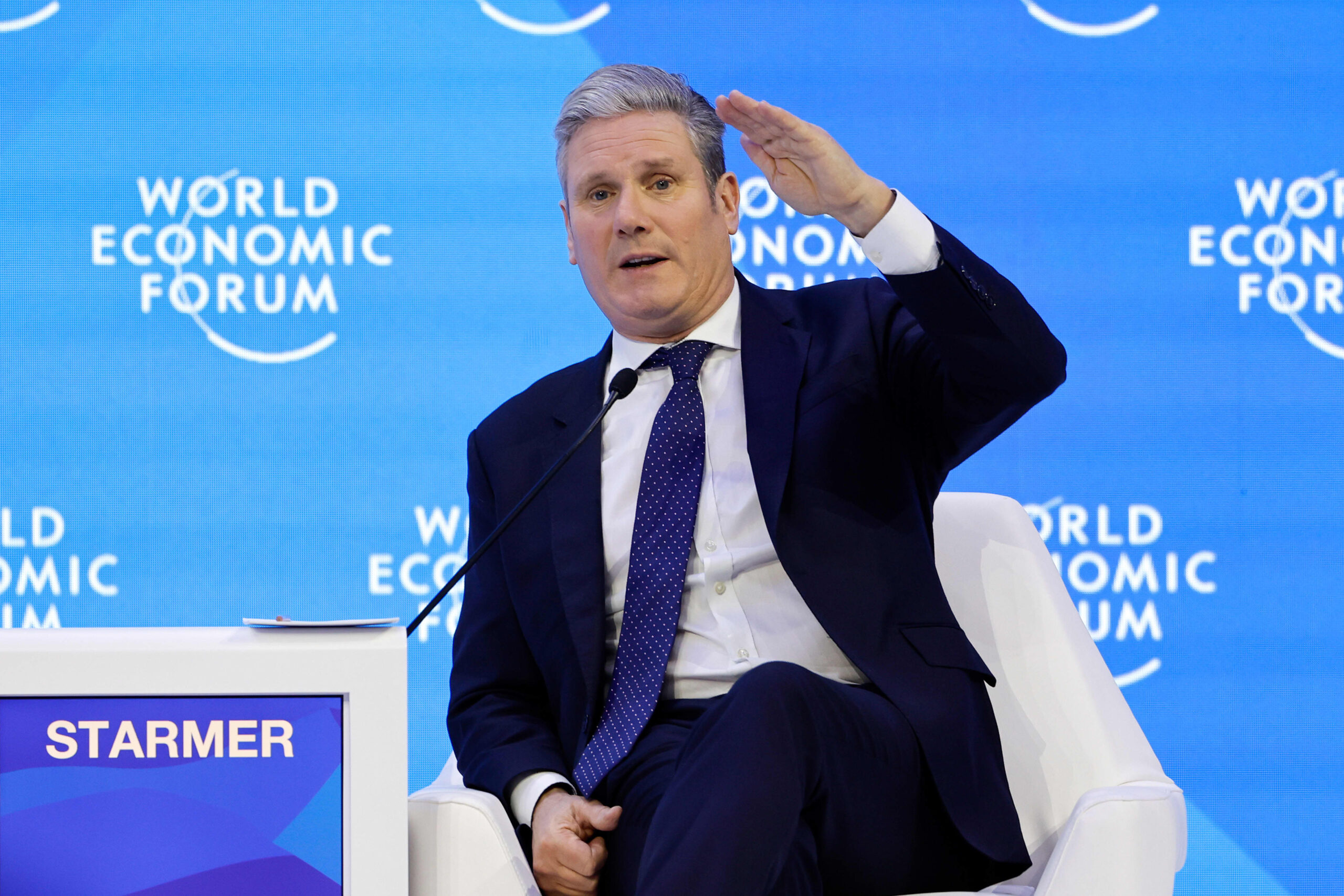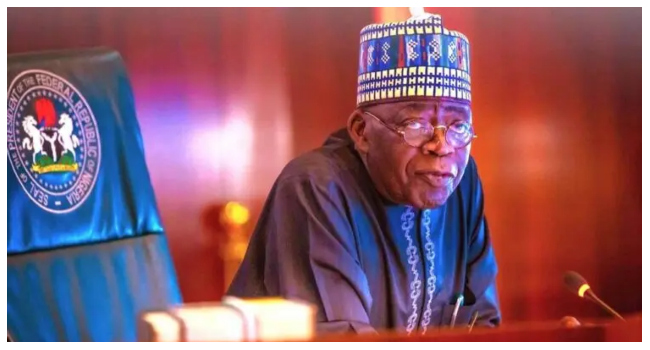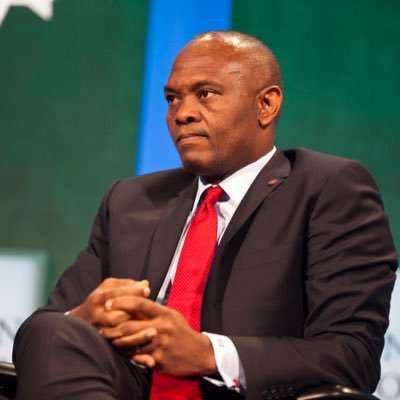Prime Minister Keir Starmer has placed turbocharging economic growth at the forefront of Labour’s legislative agenda, marking the party’s return to power in the UK after a 14-year hiatus.
“The legislation outlined in the King’s Speech will build on the momentum of our initial days in office and significantly impact the lives of working people,” Starmer declared, following Labour’s decisive victory over the Conservatives.
Despite its name, the King’s Speech, which details the government’s proposed laws for the next year, is not authored by the monarch but by the government itself. King Charles will deliver these proposals from the House of Lords upper chamber, adorned in the diamond-studded Imperial State Crown and crimson robe, during an elaborate ceremony.
The upcoming speech is anticipated to introduce more than 35 bills, encompassing measures to enforce public spending regulations and prevent a recurrence of utility bill price hikes that recently exacerbated the UK’s cost-of-living crisis.
Additionally, the legislative package will expand on previous announcements, including the launch of a fund to attract investment into the UK and the establishment of a publicly owned entity aimed at advancing clean power initiatives by 2030.
Labour is also expected to unveil plans to restore mandatory housebuilding targets, re-nationalize Britain’s criticized rail services, and initiate recruitment for a new border security command.
The agenda will also encompass a bill aimed at enhancing workers’ rights, featuring proposals such as banning zero-hour contracts and bolstering renter protections. This marks Labour’s first such legislative agenda since its ousting from power in 2010, signaling a return to its center-left roots.
“This is an eager party,” commented former Labour minister Tony McNulty to AFP. “They are keen to demonstrate their capability to return to what they perceive as their natural position in government.”
The day’s events will commence at 9:30 am (0830 GMT) with ceremonial security measures at the Palace of Westminster, including the symbolic search for explosives—a tradition stemming from the failed Gunpowder Plot of 1605.
Following these rituals, King Charles will travel to Parliament from Buckingham Palace in a carriage, escorted by mounted cavalry. Inside the Palace of Westminster, the ceremonial protocol includes holding an MP “hostage” to ensure the monarch’s safe return and the symbolic slamming of the door on Black Rod, signifying Parliament’s independence from the monarchy.
MPs will then follow Black Rod to the upper chamber, where King Charles, maintaining his non-partisan stance, will deliver the speech to assembled peers and invited members of the Commons.
“There’s likely much in this King’s Speech that he will support, unlike some past addresses,” noted McNulty, emphasizing the monarch’s role as above political interests. “But he’ll maintain his composure. That’s his duty.”






